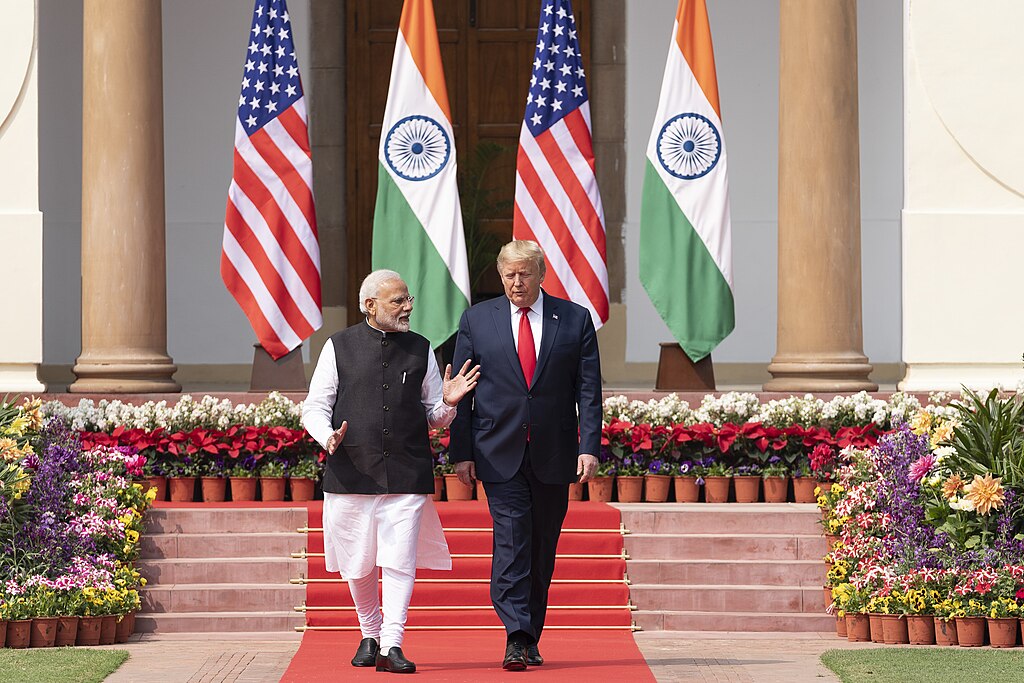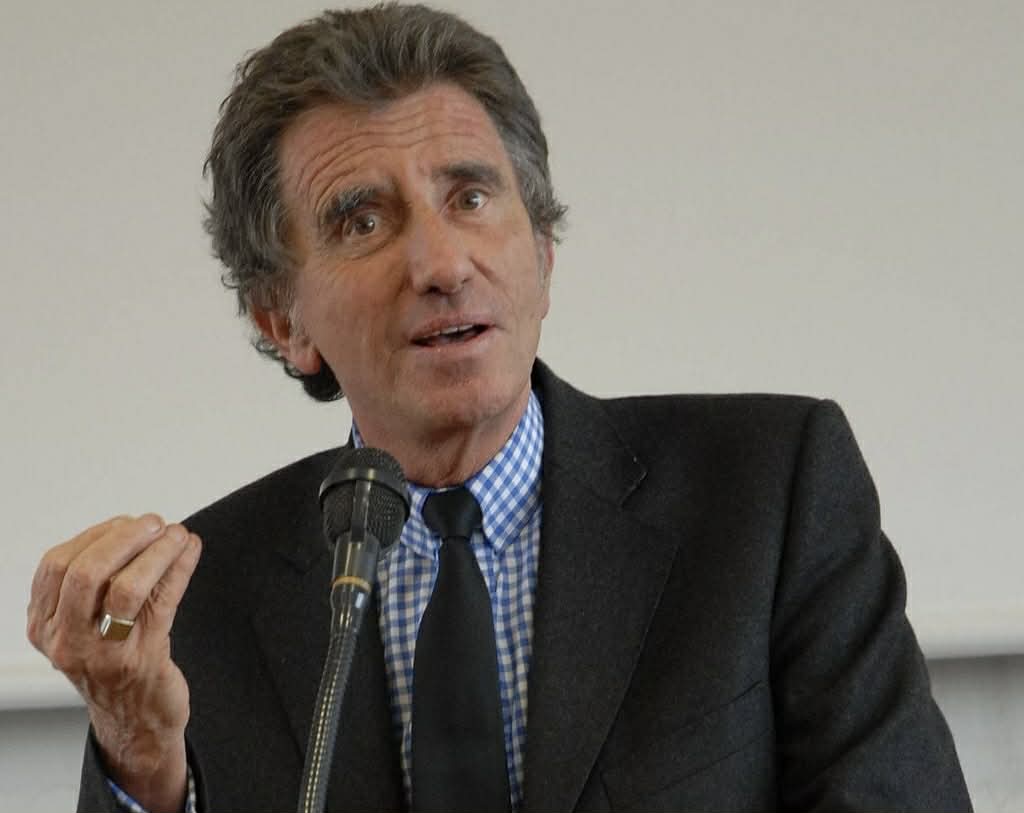
Benjamin K. Sovacool
Professor of Energy Policy, University of Sussex
Professor Sovacool is the author of more than 330 refereed articles, book chapters, and reports, including solely authored pieces in Nature and Science, and the author, coauthor, editor, or coeditor of 18 books on energy and climate change topics. These include Climate Change and Global Energy Security (MIT Press), Energy Poverty (Oxford University Press), Global Energy Justice (Cambridge University Press), The Political Economy of Climate Change Adaptation (Nature Publishing Group/Palgrave), and Fact and Fiction in Global Energy Policy (Johns Hopkins University Press). His books have been endorsed by U.S. President Bill Clinton, the Prime Minister of Norway Gro Harlem Brundtland, and the late Nobel Laureate Elinor Ostrom.
Professor Sovacool is the recipient of 20 national and international awards and honors, including the 2015 “Dedication to Justice Award” given by the American Bar Association and a 2014 “Distinguished Visiting Energy Professorship” at the Environmental Law Center at Vermont Law School. He has also received or managed large competitive grants from the U.S. Department of Energy, U.S. National Science Foundation, MacArthur Foundation, Rockefeller Foundation, NordForsk, Energy Technology Development and Demonstration Program of Denmark, and the Danish Council for Independent Research. Additionally, Professor Sovacool is the founding Editor-in-Chief for the international peer-reviewed journal Energy Research & Social Science, published by Elsevier, and he sits on the Editorial Advisory Panel of Nature Energy.
Dr. Benjamin K. Sovacool is Professor of Energy Policy at the Science Policy Research Unit (SPRU) at the School of Business, Management, and Economics, part of the University of Sussex in the United Kingdom. There he serves as Director of the Sussex Energy Group and Director of the Center on Innovation and Energy Demand which involves the University of Oxford and University of Manchester. Professor Sovacool works as a researcher and consultant on issues pertaining to energy policy, energy security, climate change mitigation, and climate change adaptation. More specifically, his research focuses on renewable energy and energy efficiency, the politics of large-scale energy infrastructure, designing public policy to improve energy security and access to electricity, and building adaptive capacity to the consequences of climate change.
- Market Data









































